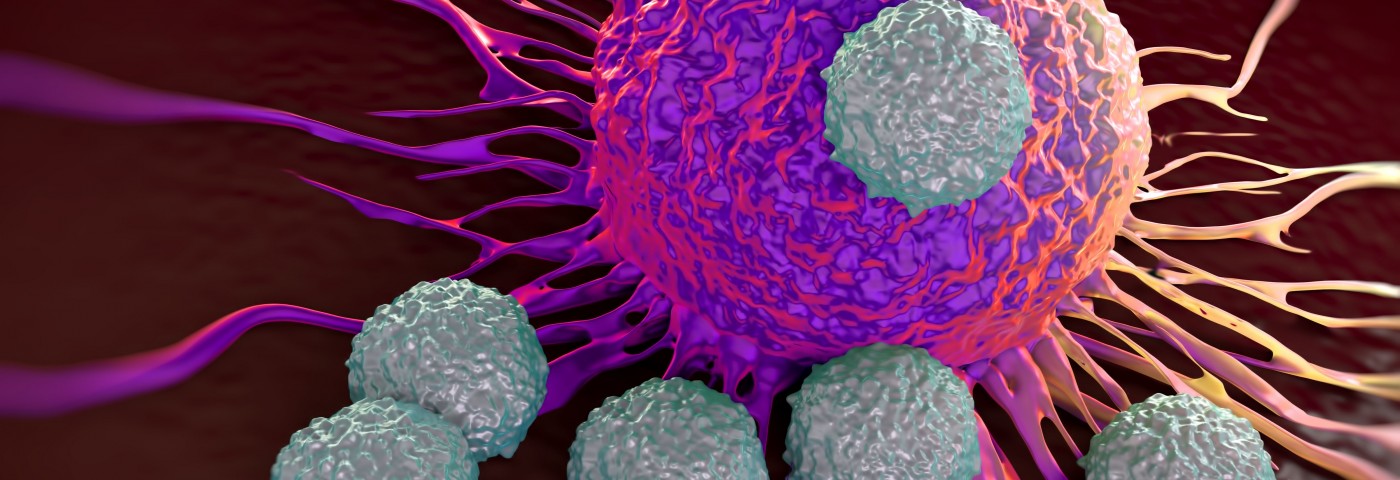Crown Bioscience announced that it has developed and validated a set of models for immuno-oncology called HuGEMM. The models were developed in partnership with Nanjing Galaxy Biopharmaceutical Co. Ltd.
HuGEMM was developed by directly replacing the murine, or rodent, PD-1 protein with a human counterpart so the model can be used to evaluate human-specific therapeutics for checkpoint inhibitors, including anti-human PD-1, anti-human PDL-1, and anti-human CTLA-4 antibodies. This is necessary because syngeneic mouse tumor models, frequently used for testing surrogate anti-mouse PD-1 antibodies, cannot be models for human-specific therapeutics.
“Up until now, the lack of models available to test the in vivo efficacy of new antibody-based immunotherapies and combination therapies has hindered the research process,” Jean-Pierre Wery, PhD, president of Crown Bioscience, said in a press release. “With HuGEMM™, there is now a robust model system in place to enable scientists to assess the efficacy of human biologic therapeutics directly without resorting to mouse surrogates.”
The validation of HuGEMM was grounded on a study, “Abstract A11: HuGEMM-h/mPD1 mouse models for assessing anti-human PD1 therapeutics,” published in Molecular Cancer Therapeutics, that concluded that chimeric protein human/mouse (h/m) PD1 can interchangeably interact with mPDL1 or hPDL1 as efficiently as mouse PD1, and also recognizes the anti-human PD1 antibody. As such, “the conditioned version 1-HuGEMM-h/mPD1 mouse could be explored to evaluate anti-human antibody activity,” the researchers wrote.
Crown is a fully owned subsidiary of Crown Bioscience International, focused on drug discovery and development, and providing translational platforms for research in oncology and metabolic disease.


